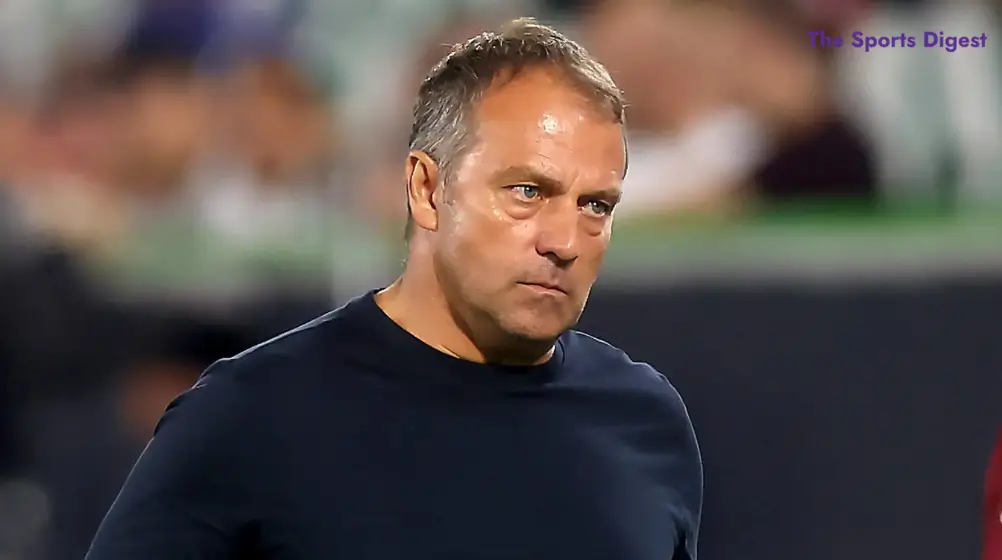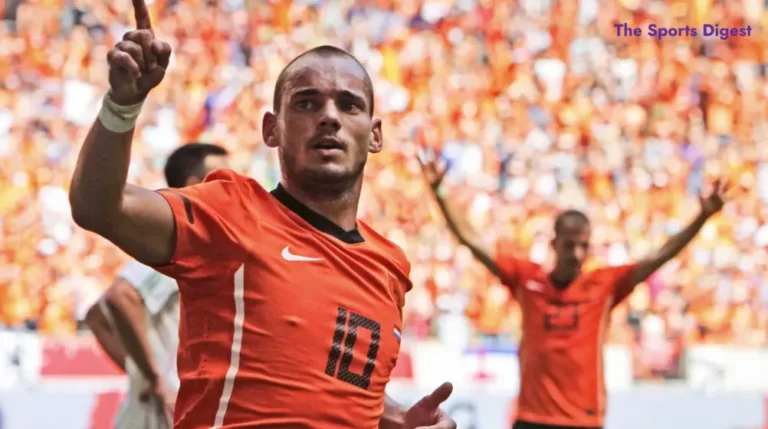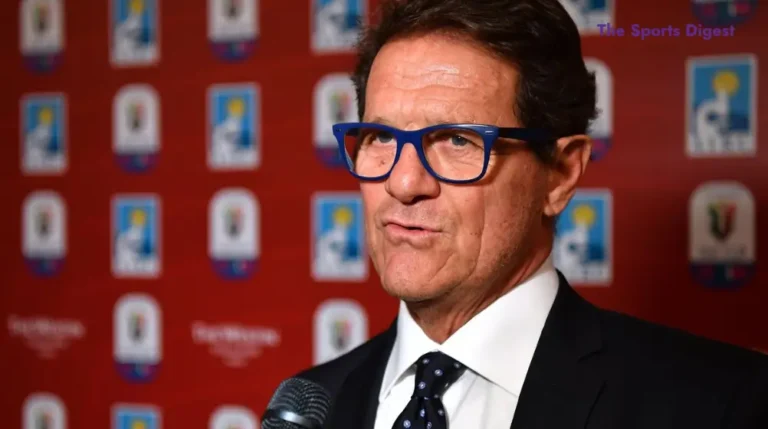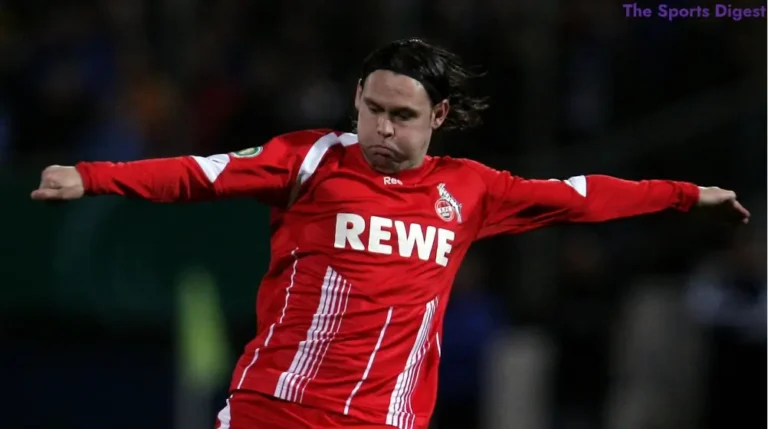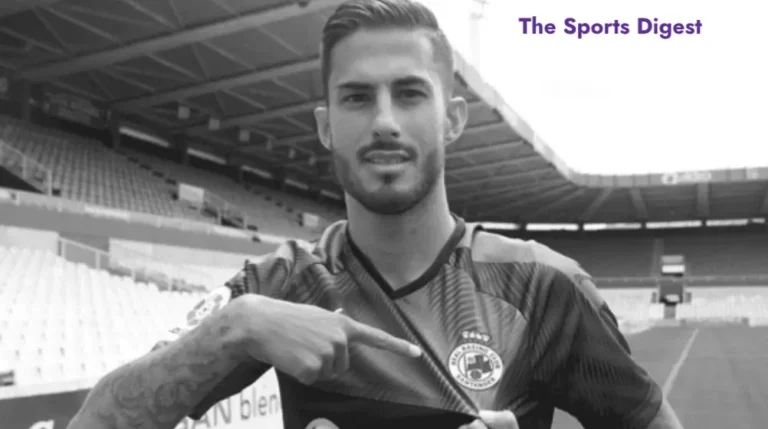Hansi Flick: The Coach Who Revived Barcelona
Since taking over Barcelona in July, Hansi Flick has proven to be the right man to lead the team through one of its toughest periods. His bold decisions, smart squad management, and excellent tactical awareness have created the perfect balance between performance and results. In this article, we explore the key factors behind Flick’s success with Barcelona.
Table of Contents
Hansi Flick: Bold Decisions That Transformed the Team
Hansi Flick has never hesitated to make crucial decisions, even when they were met with skepticism. One of his most significant moves was making Polish goalkeeper Wojciech Szczęsny the first-choice keeper over Iñaki Peña, a decision that initially raised eyebrows but ultimately proved to be the right call. Szczęsny’s experience and shot-stopping ability have been vital for Barcelona, especially in high-pressure matches. His heroic performance against Benfica, where he made eight crucial saves, showcased why Flick put his trust in him.
Another bold decision was restoring Frenkie de Jong to the starting lineup over young talent Casadó, despite the latter showing promise earlier in the season. Flick recognized that De Jong’s vision, passing accuracy, and ability to dictate the tempo were essential for Barcelona’s midfield balance. This move not only brought more stability but also allowed the team to control games more effectively. By making these tough choices, Flick has demonstrated his ability to prioritize performance over sentiment, ensuring that the best players are on the pitch when it matters most.
Hansi Flick: Masterful Squad Management
Flick’s success isn’t just about tactics—it’s also about managing his players effectively and keeping the squad united during challenging times. One of his biggest tests came when La Liga removed Dani Olmo and Pau Víctor from the squad registration due to financial constraints, a decision that could have disrupted team morale. However, Flick handled the situation with composure, ensuring that the players remained focused on their objectives.
His ability to maintain a positive atmosphere in the dressing room prevented any negativity from affecting performances on the pitch. Additionally, he worked closely with players who were close to leaving, such as Eric García and Ronald Araújo, making them feel valued and keeping them engaged. Despite uncertainty over their futures, both players remained professional and ready to step up when needed. Araújo, in particular, played a crucial role in key moments, proving Flick’s ability to maximize his squad’s depth. Through strong leadership and communication, Flick has created a competitive yet harmonious environment where every player understands their importance to the team.
Tactical Flexibility with Strong Discipline
One of Flick’s greatest strengths has been his ability to break free from Barcelona’s traditionally rigid positional play while still maintaining tactical discipline. Unlike previous coaches who strictly adhered to the club’s signature style, Flick has introduced a more flexible system that allows players to express themselves creatively without compromising structure. This shift has particularly benefited players like Raphinha, who have thrived under this new approach, enjoying more freedom to roam and influence the game in different areas.
By reducing tactical restrictions, Flick has unlocked the potential of several key players, making Barcelona’s attack more unpredictable and dynamic. However, this does not mean the team has lost its discipline. In crucial moments, they have demonstrated remarkable organization, such as in the Benfica match, where they remained compact and focused despite playing with ten men from the 22nd minute. Flick’s ability to strike the perfect balance between fluidity and discipline has made Barcelona more adaptable to different game scenarios, strengthening their chances of competing at the highest level. His tactical approach has proven to be both modern and effective, setting the foundation for long-term success.
Creating a Stable and Focused Environment
Flick’s impact goes beyond the pitch, as his influence extends to the overall environment at the club. With the crucial support of sporting director Deco, Flick has managed to significantly reduce unnecessary interference from club officials in the dressing room, a common issue that can often disrupt team dynamics. By ensuring that only essential figures are involved in decision-making, Flick has allowed both himself and the players to have complete control over the team’s day-to-day operations. This approach has created an atmosphere of trust and respect between the coach and his squad, where focus is firmly on performance and development.
The absence of constant external pressure has allowed players to concentrate on their roles and contribute more effectively on the field. Additionally, this level of autonomy has helped foster a sense of unity and ownership within the squad, making players feel more responsible for the team’s success. The stability Flick has introduced behind the scenes has ultimately translated into improved performances, as the team is no longer distracted by off-field drama and is instead united in pursuit of their collective goals. This clear focus has played a pivotal role in Barcelona’s resurgence under his leadership.
Conclusion
Hansi Flick is more than just a good coach—he is a leader who makes the right decisions at critical moments. His bold choices, excellent squad management, and tactical adaptability have helped put Barcelona back on track. The big question now: could this season mark the beginning of a new era of success under his leadership?
Have you ever read an article like this?
There are no reviews yet. Be the first one to write one.
